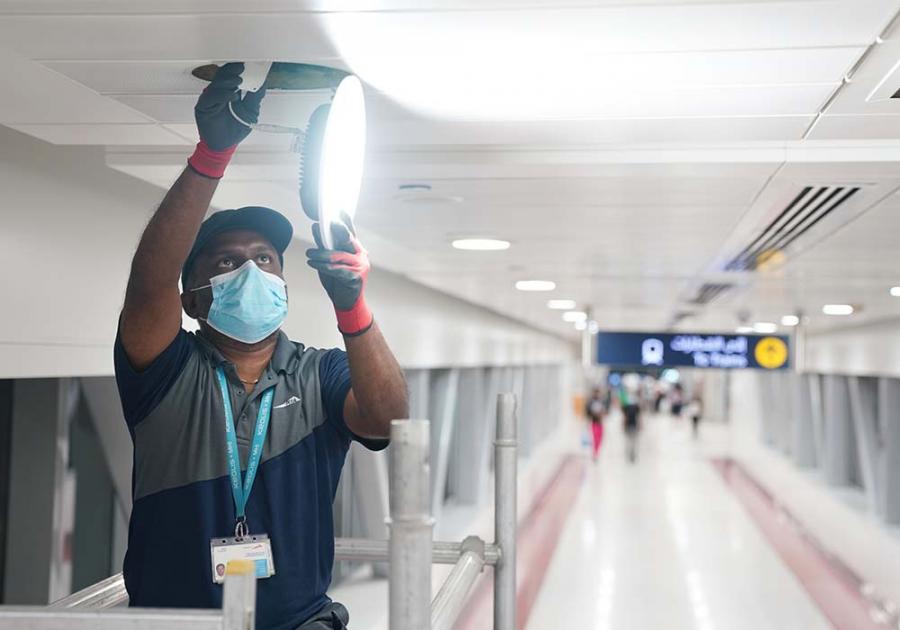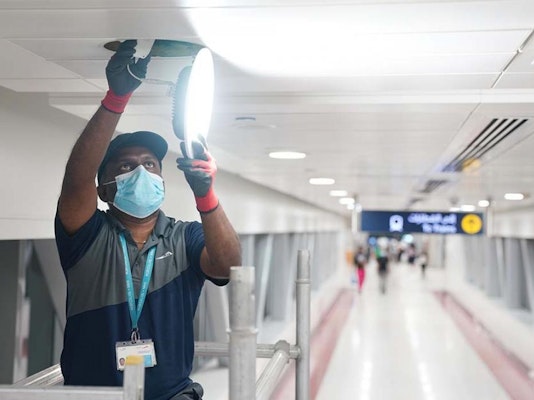RTA ramps up initiatives for power-saving, paper recycling, and waste management of metro and tram operations. Dubai’s Roads and Transport Authority (RTA) is making every effort to enhance the sustainability of all services and operations. The drive is part of efforts to provide vital support to the Dubai Government’s efforts to make Dubai the most sustainable and happiest city in the world.

The CEO of RTA’s Rail Agency Abdul Mohsin Kalbat, said, “We are endeavouring to achieve record levels of sustainability across all metro and tram operations and elated facilities. The operation of the metro and tram requires meticulous plans and processes in line with the top global standards of the industry to ensure the highest rates of quality, health, safety and environment (QHSE) and enhance the sustainability of operations. Such a drive is also compatible with RTA’s vision to become ‘The World Leader in Seamless & Sustainable Mobility.’
“The Rail Agency is currently engaged in delivering a host of sustainability projects and initiatives in collaboration with Keolis-MHI, the operator of the Dubai Metro and Tram. These initiatives include paper recycling to match the digital transformation of Dubai Metro and Tram operations. In a record period, the agency managed to recycle about 8,622 tons of paper, equivalent to 146 trees,” he commented.
To make headway in the treatment and recycling of waste, a pilot phase is being launched to treat and recycle 50% to 80% of the waste of Dubai Metro and Tram stations. The project aims to enhance Dubai’s environmental strategy, boost the recycling rates, implement the highest international standards of sustainability, and support Dubai's efforts to achieve zero waste by 2030. This pilot phase to treat and recycle stations waste is being undertaken in Centrepoint, Burjuman, Gold Souq and Al Jaddaf Metro stations as well as the Marina and Al Sufouh Tram stations.
As for power-saving, initiatives LED lighting is used to rationalise the power consumption hence saving 1,161,596 watts/hour, equivalent to savings of AED553,173.”
“Reducing power consumption in any entity constitutes an environmental responsibility and contributes to obtaining clean electric power at a reasonable cost. This goal is achievable through a variety of initiatives relating to the maintenance and replacement as well as the investment in power-saving equipment. RTA regularly carries out field surveys to identify means of saving electricity and water consumption and recycling water for use in other purposes such as washing trains. The Quality, Health, Safety and Environment team has set strict principles to improve the efficiency of using electricity and water in the metro and tram stations,” concluded Kalbat.

